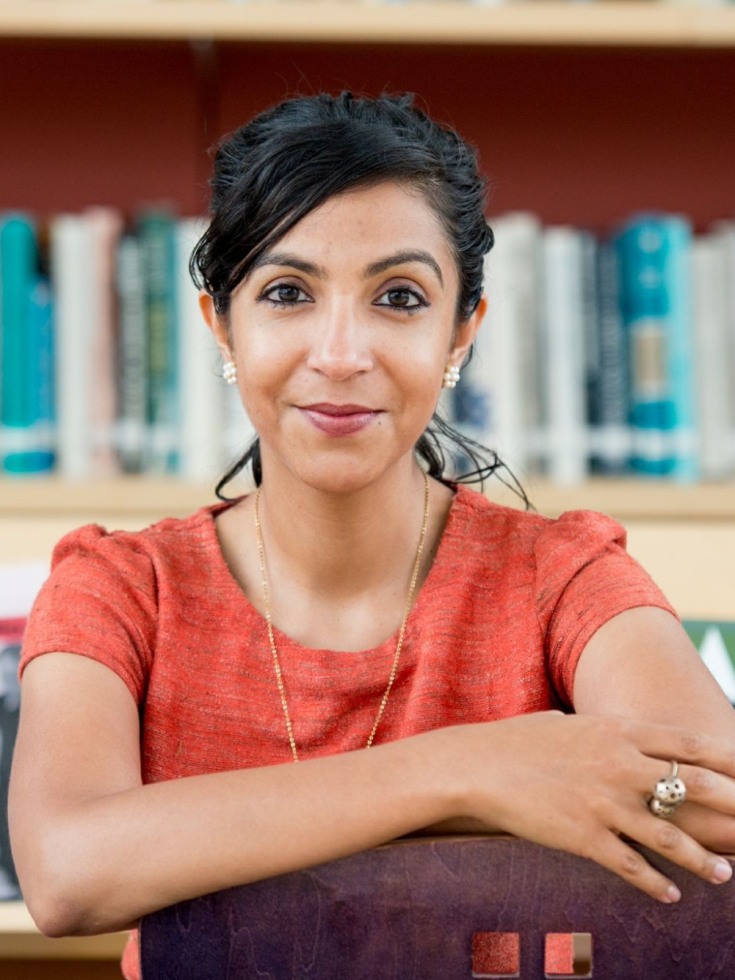Watson School political scientist Prerna Singh has been awarded the Max Planck-Humboldt Research Award, one of Germany's highest scientific honors, for her ongoing research on vaccine hesitancy in India and China.
The medal is awarded annually to up to two researchers whose interdisciplinary work bridges the boundaries of the humanities, social sciences and natural sciences. The award will provide Singh with 80,000 euros to support the research she is pursuing with colleagues at the WZB Berlin Social Science Center and the Robert Koch Institute. The Max Planck Society and the Alexander von Humboldt Foundation will present the award on December 2 in Berlin.
"I'm deeply honored and grateful to have received this important recognition," said Singh. "This award will allow me to further understanding of state-society relations that might hopefully pave the way for greater popular participation and cooperation around public health challenges."
Singh is currently working on a book manuscript, tentatively titled "Moral Vaccination: Ideas and Institutions in the Control of Contagion in China and India." "[In this book] I'm looking at the question of under what conditions people decide whether or not to vaccinate but as a political scientist, which is a very different perspective than that of a public health scholar," she said. Singh calls vaccination a "collective action dilemma," one in which citizens decide either to cooperate or not cooperate with the state for a greater public good.
"Vaccination comes under a whole category of tasks, which we do as part of our collective responsibility," said Singh. She likens vaccination to paying taxes, where we get a range of public services in return for a personal cost. "The good we get from paying taxes is collective," said Singh, “Similarly, when we vaccinate, we get the personal benefit of protection from disease, but we do it also as an act of collective responsibility so that those of us who are more vulnerable or compromised can benefit from the herd immunity that our individual decision to vaccinate allows us to create.”
"I'm interested in understanding under what conditions and circumstances people decide whether or not to undertake such behavior," said Singh. "I argue against the dominant way of thinking about this, which is that people only agree to cooperate when they are either coerced or incentivized into doing so." This includes policies such as not allowing unvaccinated children to attend public schools or offering financial or other incentives to vaccinate.
According to Singh, citizens' moral considerations and sense of responsibility to their community play a larger, less-examined role in their decision-making process, and are often missing from debates about vaccine policy. "I want to understand the moral component of it," she said, "I'm interested in when people make a decision that is not manipulated by incentives or disincentives."
